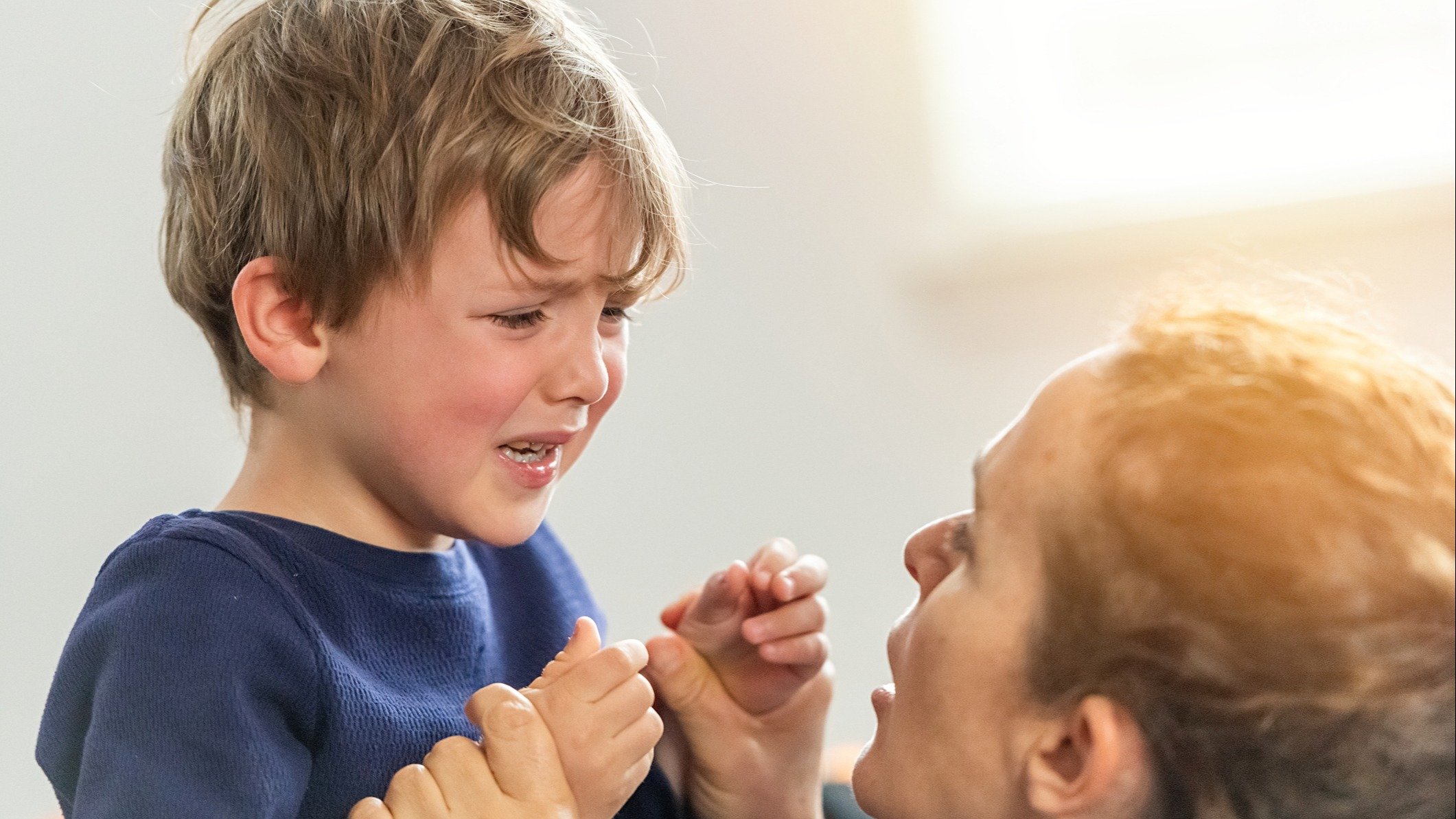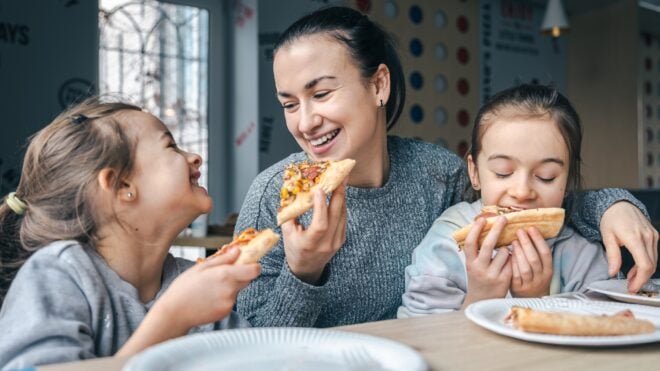
Whether abuse comes in the form of shouting or physical violence, local experts warn that the impacts on a child manifest in similar ways, and can carry over for years to come. Adult-to-child perpetration of verbal abuse is characterized by shouting, yelling, denigrating the child and verbal threats, according to a recent study by Child Abuse and Neglect Journal. Verbal abuse from a young age can lead to lasting effects for many reasons, said Melissa Birdsell, the director of Voices of Courage child advocacy center in St. Joseph.
More from Mom.com: Yelling at Teens Has Bad Long-Term Effects
"It never leaves your memory when someone says something hateful or degrading," Birdsell said. "When you've got somebody being verbally abusive towards you or making you feel like you're not good enough, it really sticks with you for two reasons. One, because it confirms what you already believe about yourself and because children instantly believe what adults say. Whatever they're being told hits their brain and it just stays there."
More children experience childhood verbal abuse than physical or sexual abuse, with around 40% of kids dealing with verbal abuse, according to research.
Experts say the effects of childhood verbal abuse can result in mental distress, such as depression and anger, and it also leaves young people at a greater risk of self-harm, drug use and criminal activity.
"A part of the reason this is even being put in the same category as physical and sexual abuse is because it eventually leads to the same types of behaviors in children," Birdsell said. "They cope this way because they're looking for any way to mask the pain they've experienced. We always try to remind people that even though a child may not be physically harmed, their brains can be injured. And that can lead to looking for love in all the wrong places, as they say, which kids are bound to do."
Parents, teachers, coaches and other adults need to be aware of these issues and practice speaking to children in a positive manner.
"It's so important for adults to help children understand coping mechanisms that are healthy and ways they can cope with pain and trauma that isn't harmful to themselves," Birdsell said.
Jenna Wilson can be reached at jenna.wilson@newspressnow.com.
(c)2023 the St. Joseph News-Press (St. Joseph, Mo.)
Visit the St. Joseph News-Press (St. Joseph, Mo.) at www.newspressnow.com/index.html
Distributed by Tribune Content Agency, LLC.



